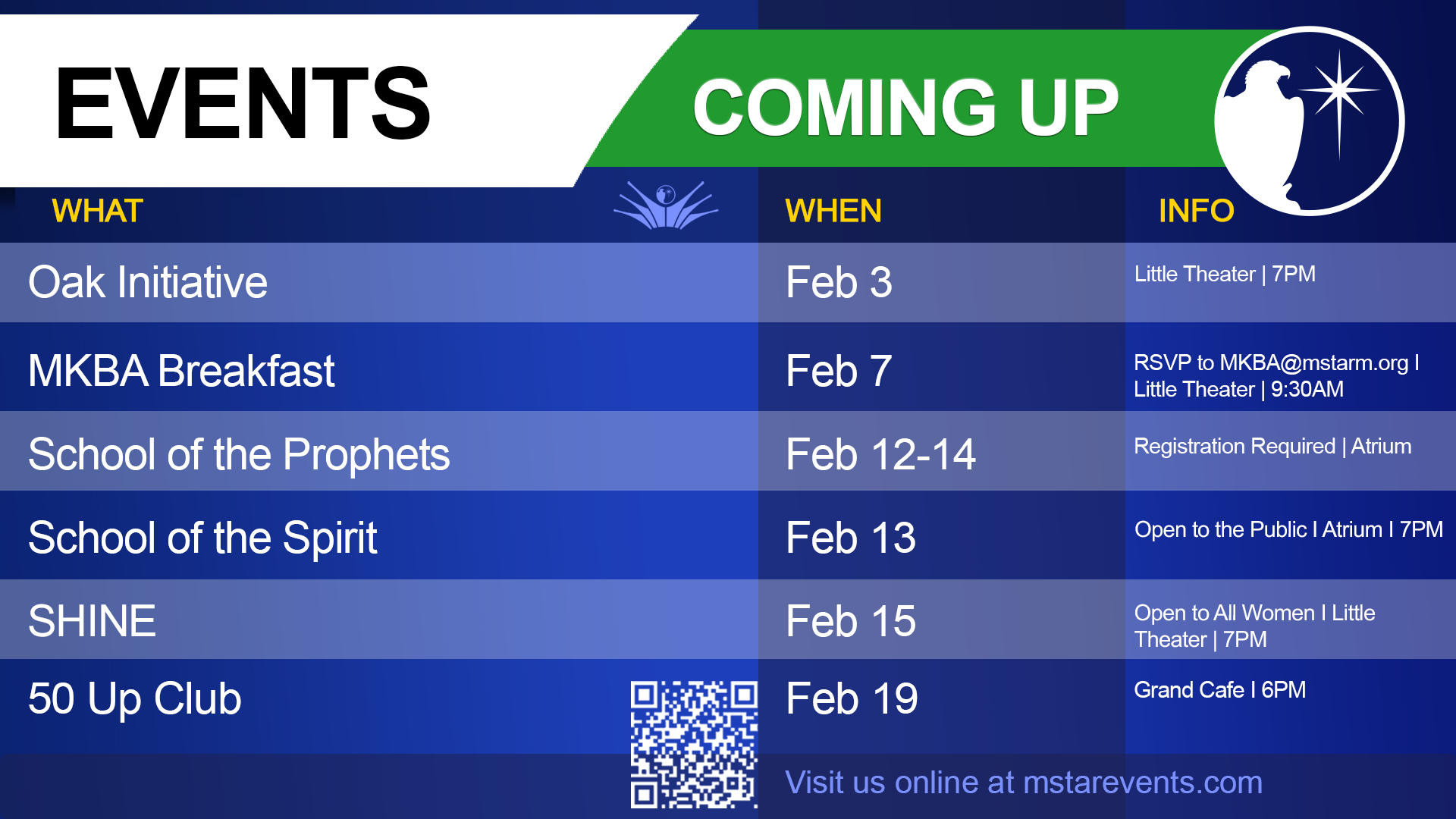This week, we are going to cover some important biblical prophecies about the end of the age. Some of what I will cover here may be challenging for those who have only been taught the modern evangelical/Pentecostal eschatology which became dominant in these parts of the church after the 1844 Advent Movement.
This new eschatology, or theology about the end of the age, attributed the books of Daniel and Revelation, and some biblical prophecies, as being almost exclusively about the very end of the age, which they considered to be imminent in 1844. This was in contrast to the eschatology of the Catholic Church and that embraced by virtually the entire Protestant Church. Of these, the Protestant eschatology was the closest to that of the first century apostles and prophets and also mostly what was adopted by the “early church fathers” who wrote prior to the Council of Nicaea.
The first century apostles and early church fathers had expected these prophecies to unfold from their time until the end of the age. This eschatology was recovered during the Reformation. The teachers and theologians of that time saw how much of what had been predicted in these prophecies, especially in Daniel and Revelation, had been accurately fulfilled during the period from the first century until the beginning of the Reformation in the early 1500s. Yet, there was obviously much left to be fulfilled.
In Revelation 1:1, this book is described as, “the Revelation of Jesus Christ, which God gave Him to show to His bond-servants, the things which must shortly take place.” Many events prophesied in this vision did begin to unfold right after John was given this revelation. They continued to unfold in sequence right through the church age, continuing up to this day. This is the difference in the two basic schools of eschatology. One puts most of the prophesied events in the future, and one places most of them in church age, between the first century and now, with only a few predictions still to be fulfilled.
Events that accurately fulfilled prophecies throughout history are often left out of modern eschatology, and this is obviously caused by a lack of knowledge of history. Because it lacks historical context, modern eschatology has many inconsistencies and contradictions. Seeing the historical fulfillments of prophecies makes more sense of the books of Revelation and Daniel—and the entire church age.
So, we’re going to prayerfully consider how what is described in Revelation did begin to quickly unfold shortly after John had the vision, as stated in the first sentence of the prophecy. We’re not going to cover all of the details of these prophecies—just the ones that will help us understand where we are to today in the timeline of biblical prophecy—and what to expect next. As we do this, we will be learning what we can do to fortify ourselves in the Lord, to be prepared for the times, and especially to be used by Him in them.
The Apostle Paul wrote in 1 Thessalonians 5:1-5: “Now as to the times and the epochs, brethren, you have no need of anything to be written to you. For you yourselves know full well that the day of the Lord will come just like a thief in the night. While they are saying, ‘Peace and safety!’ then destruction will come upon them suddenly like labor pains upon a woman with child, and they will not escape. But you, brethren, are not in darkness, that the day would overtake you like a thief; for you are all sons of light and sons of day.”
God’s people are not supposed to be in darkness about the times, and they should not be overtaken by these things as if by a thief. The biblical prophecies were given to us because we need them for understanding, and we need them in order to be prepared for the times.
Because the modern eschatology formed after the 1844 Advent Movement taught that virtually all of the prophecies would be fulfilled right at the end of the age, when any of them were fulfilled they considered that the time of the very end had come. This is what precipitated the many predictions that the Lord would come on certain dates. As we study these prophecies, we will see how so many have gotten this wrong, so we will not be fooled again. More importantly, we will have a sure and accurate view of what is now unfolding in our time.



